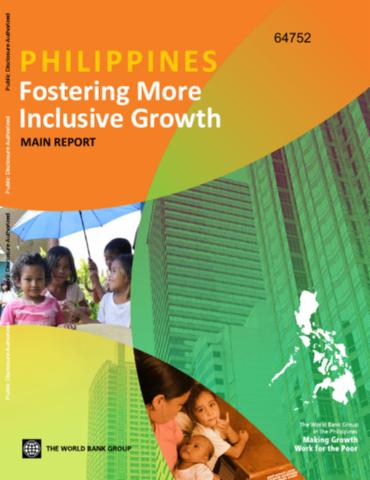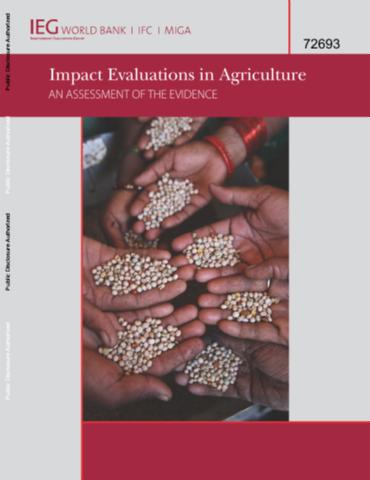USAID Country Profile: Property Rights and Resource Governance - Cambodia
OVERVIEW: Cambodia is a largely agrarian country that emerged from a history of political strife and instability into a period of steady economic growth. However, the country started from such a low base that even after a decade of growth averaging 7% per annum, GDP is only $650. Cambodia is ranked 176th out of 213 countries in terms of purchasing-power parity. Poverty rates have reduced somewhat, but they remain higher than in most countries in the region and are only slightly lower than in Laos.







